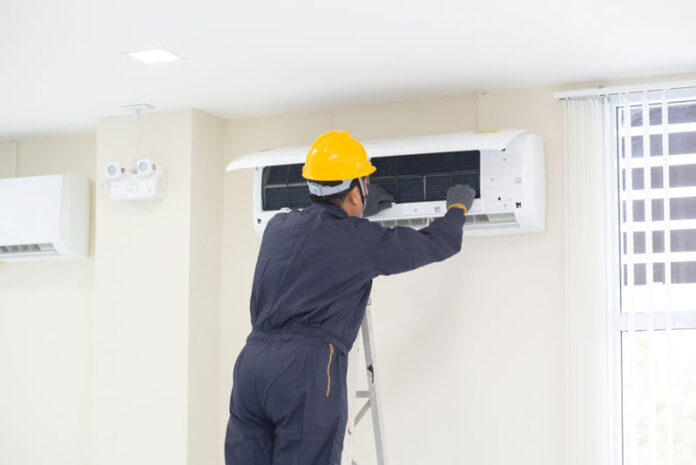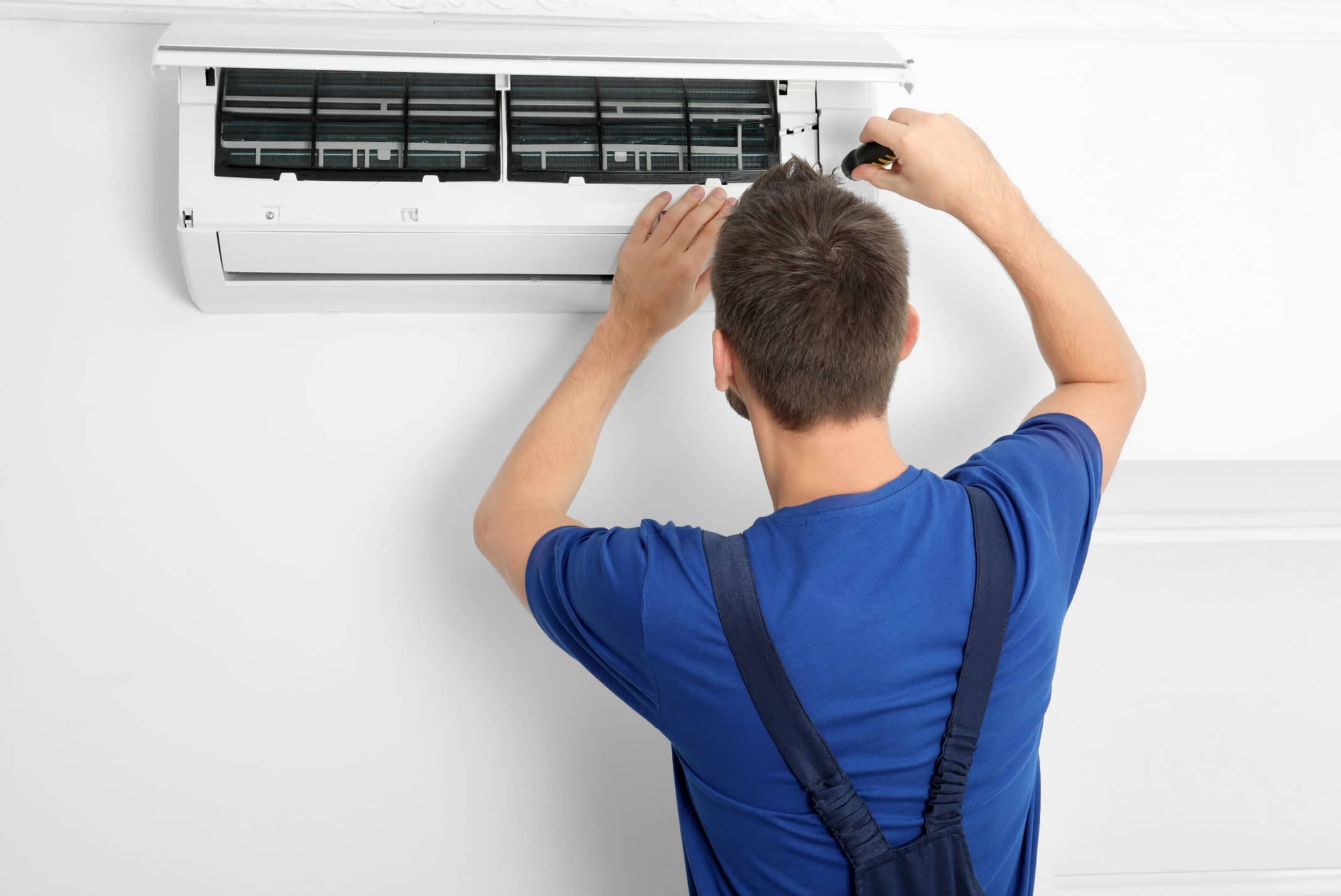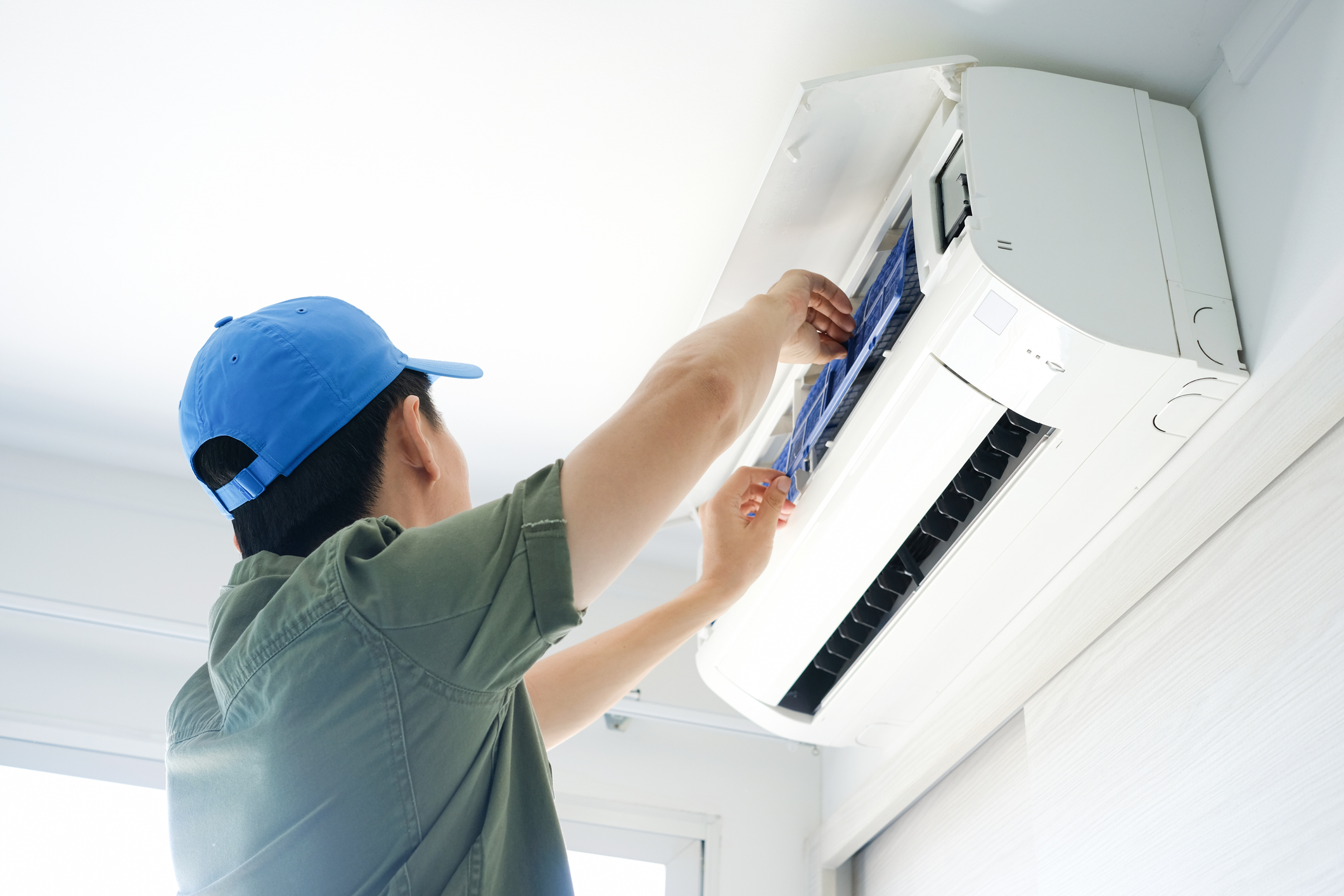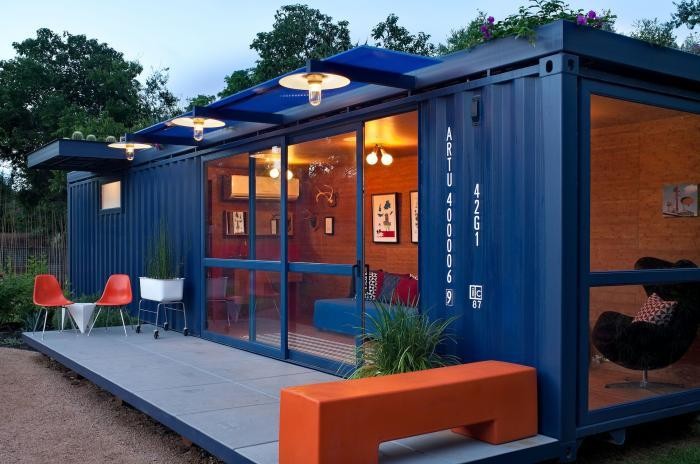Air conditioning (AC) units are powerful machines that need to be maintained regularly to function correctly. It means that if you suffer from low air conditioning or faulty cooling, it may not necessarily mean you need a brand-new system installed. More often than not, the problem is an easy fix with professional ducted air conditioning maintenance and repair checks.
What Is Ducted Air Conditioning?
Many people assume they have a completely new system installed when they hear the words’ ducted air conditioning.’ It’s simply a cleverly designed centralized unit that can be tinkered with to add functions and add-ons.
Ducted air conditioning units are often the best solution for saving space in homes and offices, where large AC units are not desired or possible.
How To Maintain Ducted Air Conditioning Units
Because ducted units are centralized, they’re easier to maintain than traditional AC units. As long as you keep regular maintenance checks, air conditioning should last for years to come without the need for replacement.
Maintenance should include these four simple steps:
- Clean Filters Regularly
First of all, if your unit has an air filter, it needs to be checked at least every two weeks. Ideally, you should have the filters cleaned or replaced whenever necessary for maximum efficiency. Over time dust and debris builds up in filters, which leads to overheating of the system when it forces itself to work harder to cool down your home.
To keep them clean, you should vacuum the filters clean or replace them (depending on what kind of filter you have). You can also get washable replacement filters made from poly/cotton and activated charcoal, which can be washed and reused multiple times before requiring replacement.
- Clean The Coils And Drainage System Regularly
The next maintenance step is to drain the condensation that builds up in your system. The drainage system could be a self-draining pan, which should be cleared at least once per month. If you have an indoor unit, the drainage can become blocked when dirt or debris gets stuck in them. This kind of blockage tends to cause the unit to leak water, which can be collected in a bucket for disposal.
You should also check the coils on AC units once every three months, located behind the front panel. Dirt can build upon them over time, reducing their efficiency and effectiveness of cooling the air around your home. A simple way to clean them is with a damp cloth or a coil cleaner designed for this purpose.
- Tune Up Your Thermostat
AC units that are not properly tuned can lead to increased energy bills and reduced air conditioner efficiency. It’s essential to get the thermostat calibrated every six months, which simply means you’ll be adjusting it to a colder or warmer setting, depending on the season. It’ll ensure your unit is working at optimum levels without overworking itself and causing malfunctions.
Ideally, your AC unit temperature should be between 18 and 20 degrees Celsius, especially during the spring and summer months. The temperature can gradually go down to around 15 degrees Celsius during colder periods for maximum efficiency.
- Keep The Ducts Clean
Of all the AC maintenance tips, this one is quite possibly the most important. Regularly check your ducts for any dirt or dust that may have collected there; otherwise, it will get blown into your room when you use your AC. Before and after every heavy storm, it can protect the unit against potential damage by excess water entering the system.
What To Do When Your AC Malfunctions?
When your air conditioning unit malfunctions, don’t panic. Even though it may seem like the worst possible time to have an issue with the machine keeping you cool during hot weather, most mishaps are easy to fix. The best thing you can do is contact a reliable professional for ducted air conditioning maintenance and repair.
People often choose to do it themselves, but it will only worsen things unless they are adequately trained in the field. It’s especially true for unblocking drainage systems or coils that have dirt built upon them. Nothing’s wrong with asking a friend or family member how to fix it yourself, but be careful not to worsen the problem.
What If Your AC Unit Leaks Water?
It happens with many different AC units, and it rarely means the end is coming for your system. A small leak doesn’t usually mean it’s something serious. Still, if the unit leaks water regularly for more than a few months or begins to make unusual sounds, this could indicate trouble.
Suppose you notice your air conditioning unit is leaking water. There are signs of rust around the area where it appears (generally found under the machine when it’s upright). In that case, this is something you should contact a specialist for because you’re likely looking at damaged coils.
If there are no signs of rust, fix water leakage by unblocking the drain holes or flushing out the drainage system that could have dirt or debris stuck in it. You may need to have the drainage system flushed out by a professional if this doesn’t solve the problem.
How To Know When Repair Is Needed?
The most crucial aspect of air conditioning repair is knowing when to call professionals. It’s not always easy to figure out, but here are some indicators that you might need maintenance or repair service:
- Unusual sounds are coming from the machine: a rattling sound when the fan is on or a motor that sounds like it’s struggling.
- Overheating in the room: if you notice an increase in power consumption and feel hotter than usual, this could be due to a broken compressor.
- Malfunctioning remote control: a faulty remote control can often signify that the machine’s electrical system is malfunctioning.
- A drop in cooling performance: a noticeable drop in cooling performance can signify that your system is struggling.
- Leaking water: as mentioned above, leakage can signify damaged coils or blockage in the drainage system.
- Staining on the floor: you might notice dark discolouration on your floor if any water leaks from your machine. It may also be accompanied by an odour that occurs when mould starts to grow due to excess moisture.
If you notice your AC unit having had any of these issues for months now, it’s time to call in the professionals from an established air conditioning company.
Final Note
You might be wondering why it’s necessary to get your AC serviced regularly. It’s because air conditioning units are not designed to last more than a certain number of years, and after that, they will most likely begin showing signs of wear and tear and require more maintenance and repairs. It’s vital to make sure you get your unit regularly serviced to extend its working life.




















